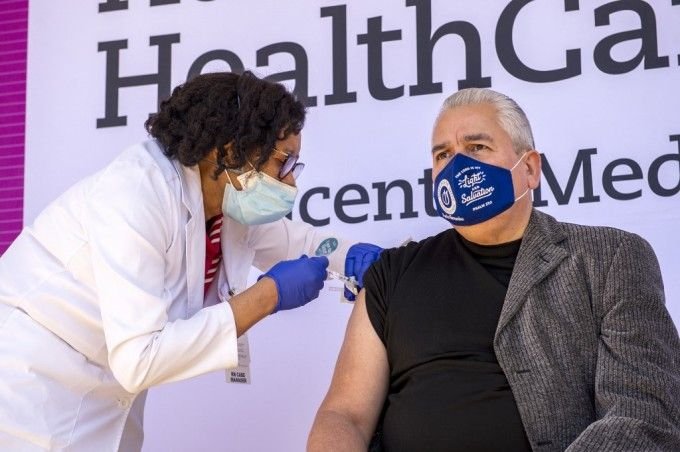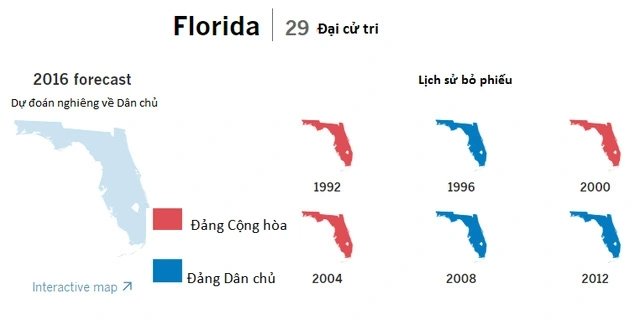
The world recorded 113,944,382 cases of nCoV infection, of which 2,527,638 people died, an increase of 438,581 and 10,048 cases respectively, while 89,503,228 people recovered, according to real-time statistics site Worldometers.
The global average of new daily cases increased 6% over the past week to 384,200.
A person was vaccinated in Connecticut, USA on February 26.
Africa was the only continent to record a decline, with the number of new cases down 14%.
Estonia recorded the largest increase of 82% among countries reporting more than 1,000 cases a day.
For the third consecutive week, Portugal recorded the largest decrease, with 38%.
Japan announced on February 26 that it would end the state of emergency early in some areas because the infection rate slowed down.
The US is still the country recording the highest number of new infections in the past week with an average of 73,700 new cases a day, an increase of 1%.
Per capita, the Czech Republic is the country recording the highest number of infections, with 700 cases per 100,000 people.
The US also recorded the highest number of deaths in the past week, with an average of 2,156 people a day, followed by Brazil (1,149 people), Mexico (798 people), Russia (421 people) and England (383 people).
The US Food and Drug Administration (FDA) on February 25 approved Pfizer’s Covid-19 vaccine that can be stored at room temperature in a pharmaceutical freezer for two weeks, relaxing the previous requirement that the vaccine
US President Joe Biden suggested on February 23 that the White House would send masks directly to people in the context of the complicated pandemic.
The US independent expert panel organized by the FDA met on February 26 and voted in favor of emergency approval of Johnson & Johnson’s one-dose vaccine.
Brazilian cities and states are imposing a series of new restrictions in an effort to stem the surge in infections.
The nearby state of Rio Grande do Sul also applied similar measures, starting on March 1.








